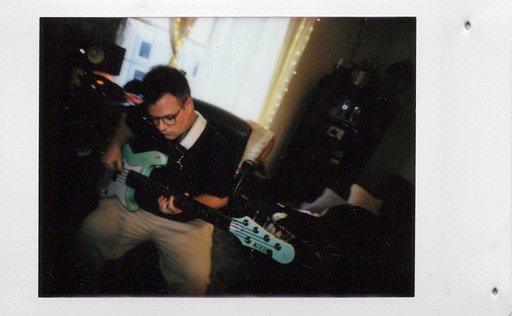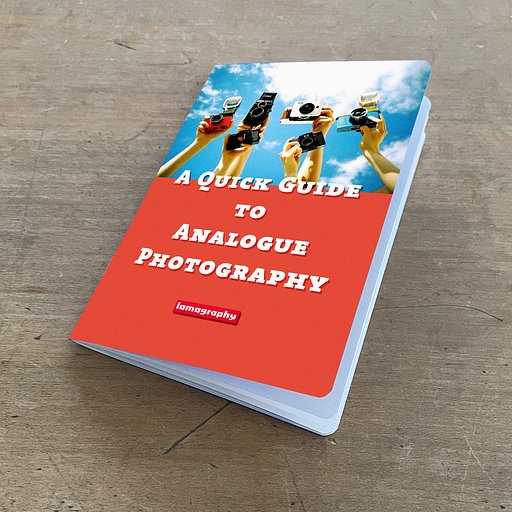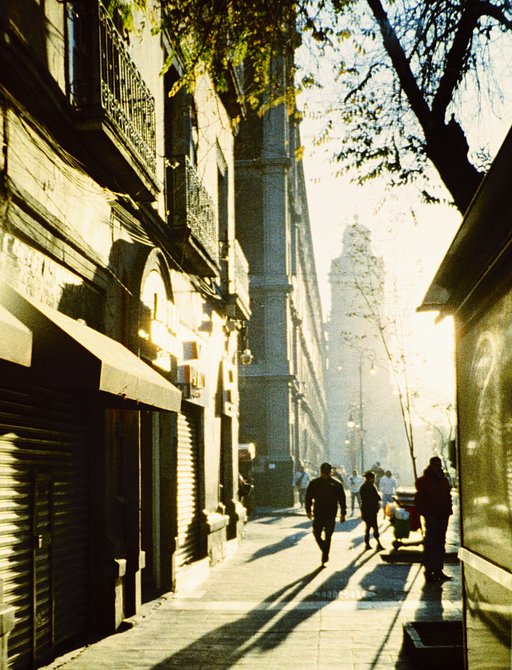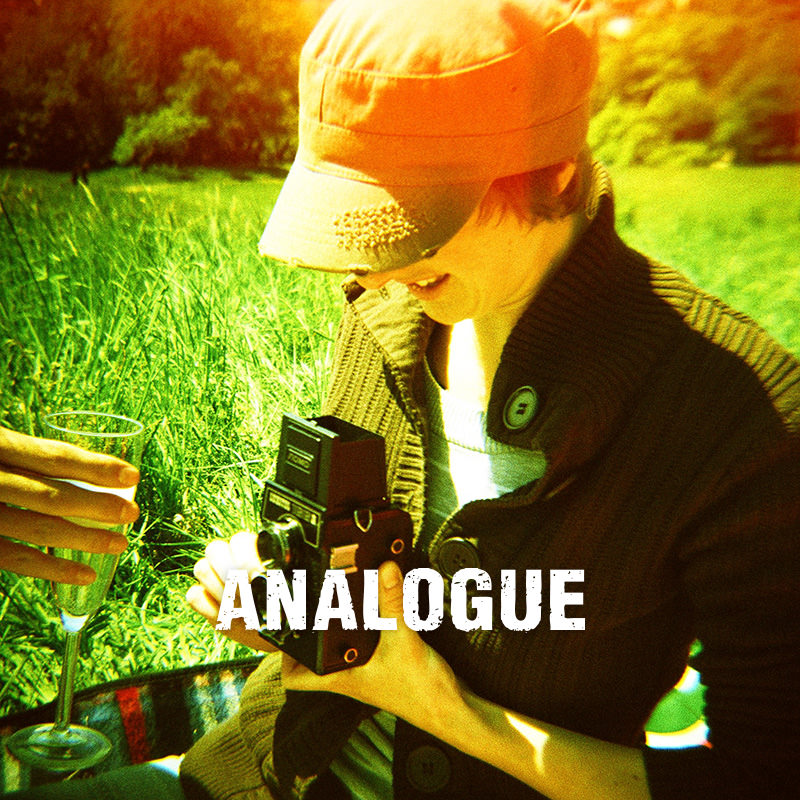London Alt Photo Presents: Andrés Pardo from CuriosoLab
4 17 Share TweetUK-based analogue photography collective London Alt Photo have been sharing some of their artists and community members with us. In this article we talked to Andrés Pardo, founder of CuriosoLab, a project that is dedicated to finding plant-based and eco-friendly ways to process film.
Hello Andrés, please tell us a bit about yourself?
Andrés Pardo is my name, I was born in 1977 in Montevideo, Uruguay. I'm a film editor and documentary filmmaker. CuriosoLab is a project in which I study, test, share, and teach low-impact photo processes. My research can be applied to any format of film or paper, even though I shoot with Super 8 and 16mm.
How long have you been researching plant-based film developing methods and what have you discovered so far?
Many years ago, around 2008, I read about plant-based developers on Photrio, where a user mentions mint used as a developer in an entry beginning with Caffenol, which piqued my interest. It was the first time I had heard of polyphenols and their potential to reduce silver. I had Yerba Mate [Ilex Paraguariensis] on hand, I boiled it for a while, added soda and vitamin C, and put it to the test. It works; the image is foggy, but it works. After trying a variety of plants and finding that they all worked, I opted to focus on vitamin C as the main development agent. I've done a lot of research into that field and tracked its use throughout history, and I've come across incredibly useful and forgotten papers, such as the one from Charles Bills [c.a. 1935]. He claims to have constructed a film developer from lemons. I put his method to the test, and it worked! I spent a long time working on SIMPLE developer, which consists of water, sodium carbonate, and ascorbic acid. The plant adds personality to the image while the SIMPLE solution does the bulky work. No matter the plant is used, it will add something to the image that will make it worth to try.
Can we realistically see film developing moving into a more ecologically friendly method in the future?
Yes! And the key for me is in your question. The method, not the working solutions, is what makes the process eco. A low toxicity chemical compound is always preferable , but even if toxic chemicals are used, the method should end with a low-impact waste solution. That is why I am interested in waste degradation in my research. Because even if we start with plants, we may end up with toxic waste that must be degraded before disposal.
I go back in time to see how companies did it, and I find that they established a working standard that almost all labs and photographers follow. I'm working to spread a standard operating procedure that entails starting with low-impact chemicals, reusing and recycling as much as possible, and finally degrading all lab waste. I call it Eco Praxis in the Filma Lab.
Do you have any eco-friendly home developing methods you would recommend to someone wanting to develop at home?
I encourage people to concentrate and think on their waste. Developers can start with banana peels, used coffee grounds, toilet paper tubes, paper bags, or the water used to boil the phenol-charged pasta that you always throw away. Keep 600ml of that pasta water, add 40g of soda and 10g of ascorbic acid, and process! I always adhere to five simple guidelines: 1- Purchase what is needed and no more. 2- Select the least toxic product available 3- Reuse, recycle, and regenerate solutions to the extent possible. 4- Keep the lab and the equipment in good working order. 5- Collect all waste in a container for on-site decomposition or transport it to a hazardous waste treatment facility. It's crucial to label the container with the contents. Caffenol, plant-based developers, and Metol-Hydroquinone are all covered by these rules.
Do you see a positive future (no pun intended) for film photography?
Film photography is in a good place right now. Every day, new users join the film community, old users return to the medium, brands release new films regularly, and many places share a wealth of information about almost every aspect of filmmaking, processing, and even handcrafted emulsions. And the majority of them pay special attention to the practice's environmental impact.
To find out more about "CuriosoLab" visit their website and Instagram page.
2022-04-26 #news #people #london-alt-photo

























4 Comments